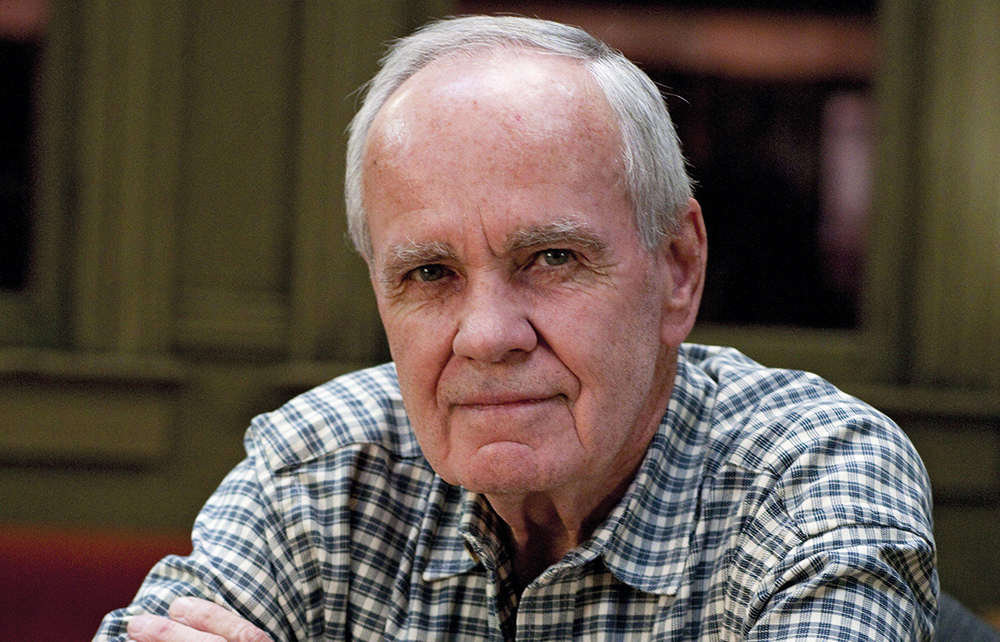Is Cormac McCarthy among the last generation of novelists to possess a Style? Of course all writers have a characteristic style, however unassuming; but not many these days have a Style in the grand manner, the sort that Kingsley Amis (I think writing about Nabokov) described as a high level of flutter and wow.
There are conversations about what I think of as ‘novelists’ science’, not really intended to be understood
The great beasts of American literature have often aimed for prose that couldn’t be mistaken for anyone else’s – Hemingway, Faulkner, Bellow, Updike. Though there were always intensely mannered novelists in England, they had less of a heroically manly quality – Firbank, Wodehouse, Elizabeth Bowen, Henry Green. There are certainly novelists at work now with a beautiful command of style, such as Peter Carey or Colson Whitehead, but few for whom style is everything, and most, like McCarthy, are getting on a bit.
Amis proposed an amusing critical game when thinking about authors of this sort: to write a sentence that they could never write. His example was the impossibility of Ivy Compton-Burnett writing: ‘That’s a pretty dress you’ve got on.’ With McCarthy, the game is simpler. It is almost impossible to imagine him writing the word ‘however’.
His clauses are hammered together with brutal simplicity, and his invariable choice of conjunction is simply ‘and’. The things of the world amass agglutinatively, piling up but hardly ever modifying each other with a simple ‘but’, or seeing how actions and facts affect what follows. The result has a compelling, fierce power; it is often compared to the prose in the Bible, or to Faulkner. To an English reader it bears an unexpected similarity to Henry Green at his most mannered, the incantatory style that C.M. Doughty’s Arabia Deserta introduced. Much of this incantation is brought to bear on scenes of hideous, senseless violence, as in the following passage from Blood Meridian:
The white man looked up drunkenly and the black stepped forward and with a single stroke swapt off his head.







Comments
Join the debate for just £1 a month
Be part of the conversation with other Spectator readers by getting your first three months for £3.
UNLOCK ACCESS Just £1 a monthAlready a subscriber? Log in